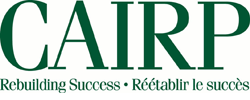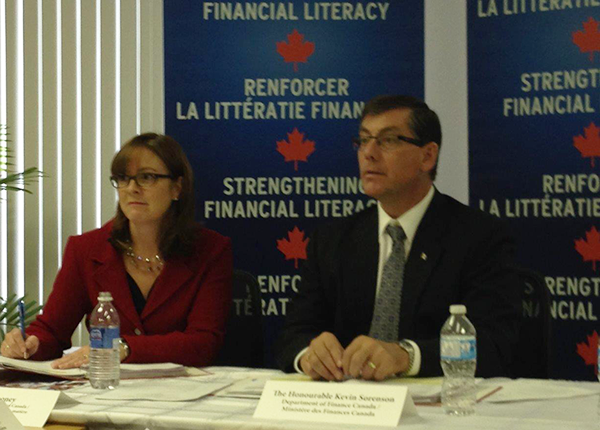
Imagine that, one day out of the blue, collection calls started. Your mailbox filled with overdue notices. People threatened legal proceedings against you. All for debts that were incurred in your name, but you knew nothing about.
This nightmare scenario plays out far more often than you might think. RCMP statistics show more than 12,000 cases of identity theft annually in Canada. This theft results in more than 10 million dollars in losses for individuals, businesses, and insurance companies.
While identity theft crimes have been with us for decades, the technology that is being used to make our transactions more secure can make us a target, too. The two biggest tools of the identity thief are the telephone and the computer.
Telephone fraud has increased recently, due to the ability to “spoof” telephone numbers, which can make the source of the call any number the caller wants, rendering Caller ID equipment useless. Today’s widespread internet-based phone technology means that calls can originate anywhere in the world. Often the caller will pose as a bank, or even a well-known computer company, and they will troll for unsuspecting people to provide them personal information.
The vast majority of Canadian households have a computer, which has opened a whole new avenue for criminals searching for information. They can mine users via email, through official-looking webpages, or through software that’s designed to infiltrate the computer, looking for personal information. Keylogger programs can even be used to send your every keystroke to a criminal.
How to Avoid Identity Theft
Never divulge personal information if there’s the least bit of doubt about the person with whom you are communicating. Make sure that you originated the call, and it’s to a known business.
Never provide personal information, including credit card numbers, in an email.
When using a website for e-commerce, make sure it’s secure – you should see a padlock in the browser’s address bar, and the address should begin with https://. Always double check to ensure that you’re visiting the correct website.
Keep your antivirus and antimalware software up to date.
If you have questions about credit, or have found yourself in some trouble, contact Creditaid anytime online or by telephone at (204) 987-6890.










